With the second season of Dickinson wrapping up recently and providing some resolution to elements that fans most wanted to see, it is safe to assess the current power rankings of the show’s merry menagerie of main characters. For many, power comes in the form of the political and social influence they hold over Amherst and surrounding communities.
That said, some characters earn their influence through mysticism and intrigue rather than their social interconnectedness. Either way, power manifests uniquely for everyone on the poetically-mindedApple TV+ series—some just wield it more prominently than others.
George
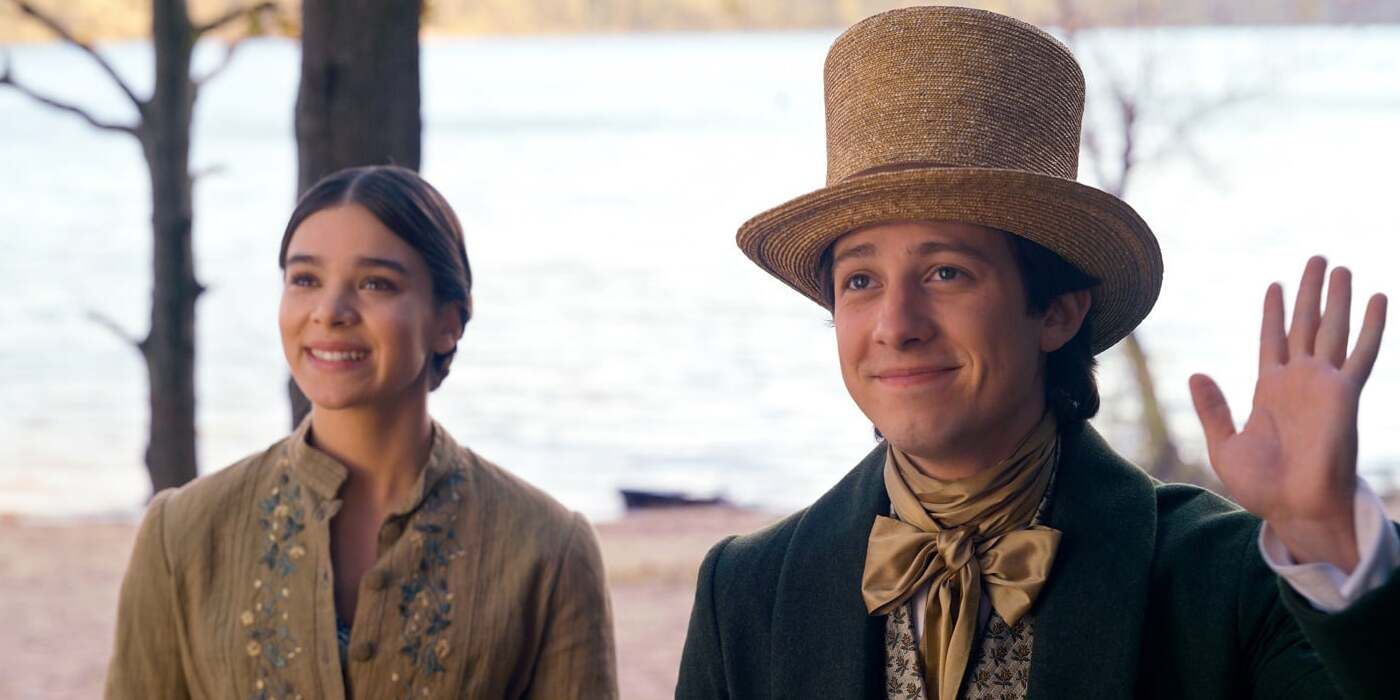
It shouldn’t be too much of a surprise to see George (Samuel Farnsworth) rank last. The man who pines after Emily (Hailee Steinfeld) winds up unsuccessful at practically every task he attempts.
Mostly, George is a nice guy who a lot of people want to be around, but he’s not someone who wields power or influence. He might be persuasive at times, but, at the end of the day, characters like Emily and Henry David Thoreau (John Mulaney) opt to do whatever they like in spite of his alternative advocacy.
Vinnie
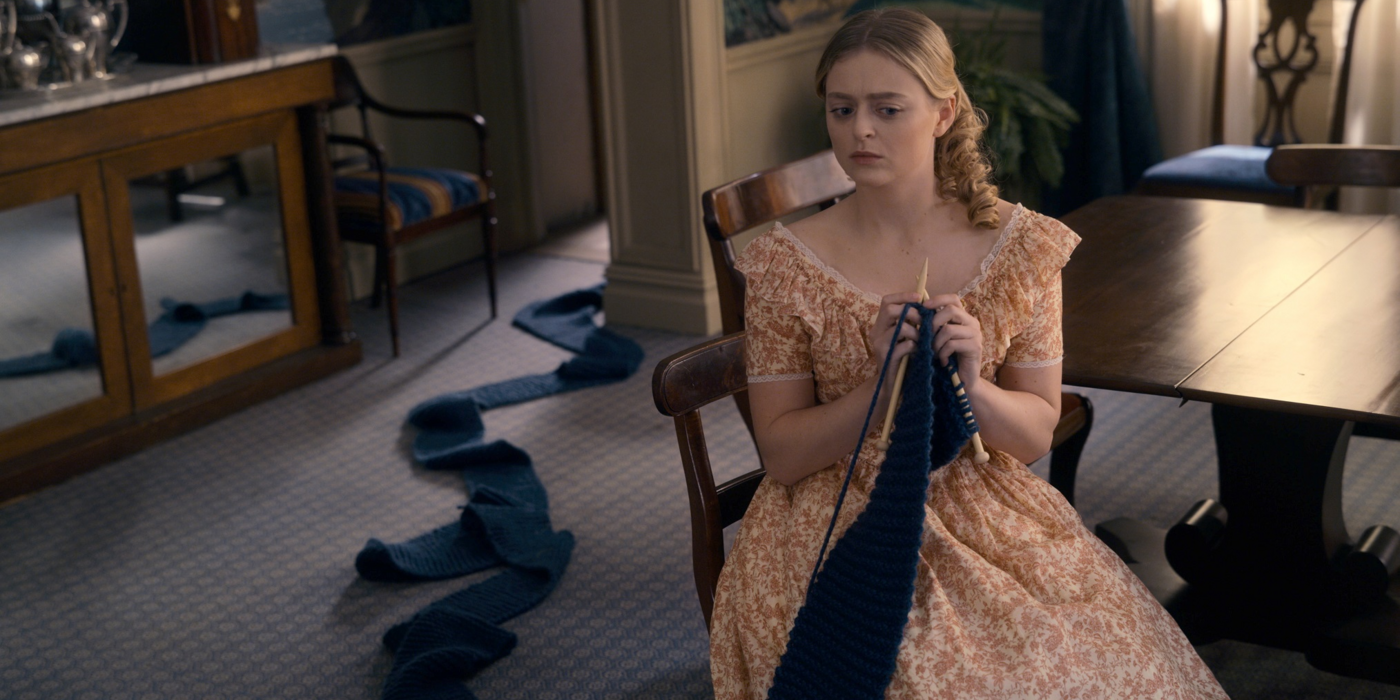
The youngest child in any family is not likely to hold a great deal of power, but Vinnie (Anna Baryshnikov) relents in the face of more characters than just the extended Dickinson clan.
She still benefits from her well-to-do status, but Vinnie also tends to cave and act in a wishy-washy manner. She has strong beliefs, but her lack of commitment to them leaves her as a relatively powerless character, at least at Dickinson‘s current juncture.
Emily Norcross
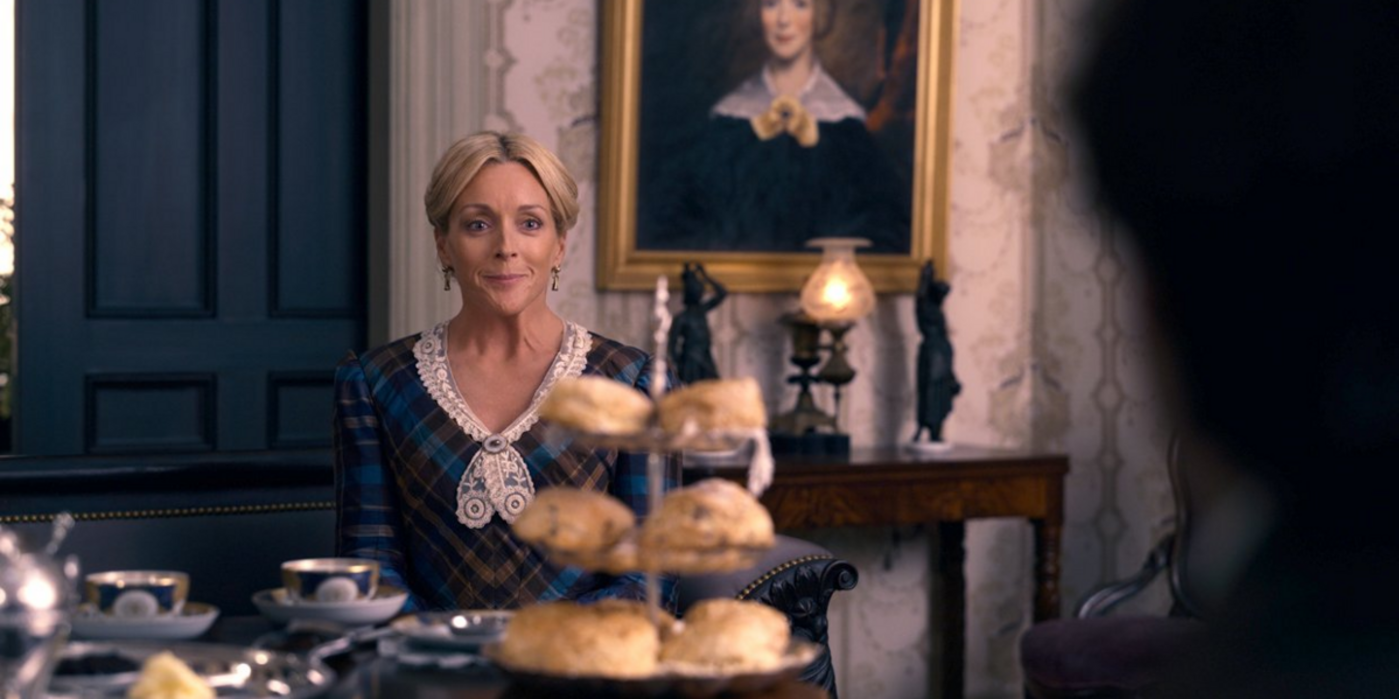
Emily Norcross Dickinson (Jane Krakowski), as the matriarch of the Dickinson clan, has a bit of clout and power in her community and with her family. Yet, she’s never a major player; she’s always content to be the second fiddle, as it were.
Emily is the kind of character to whom people listen, but, ultimately, she’s never the type who gets the final say. She’s the definitive example of a Dickinson character with power squared right down the middle of neutrality.
Henry
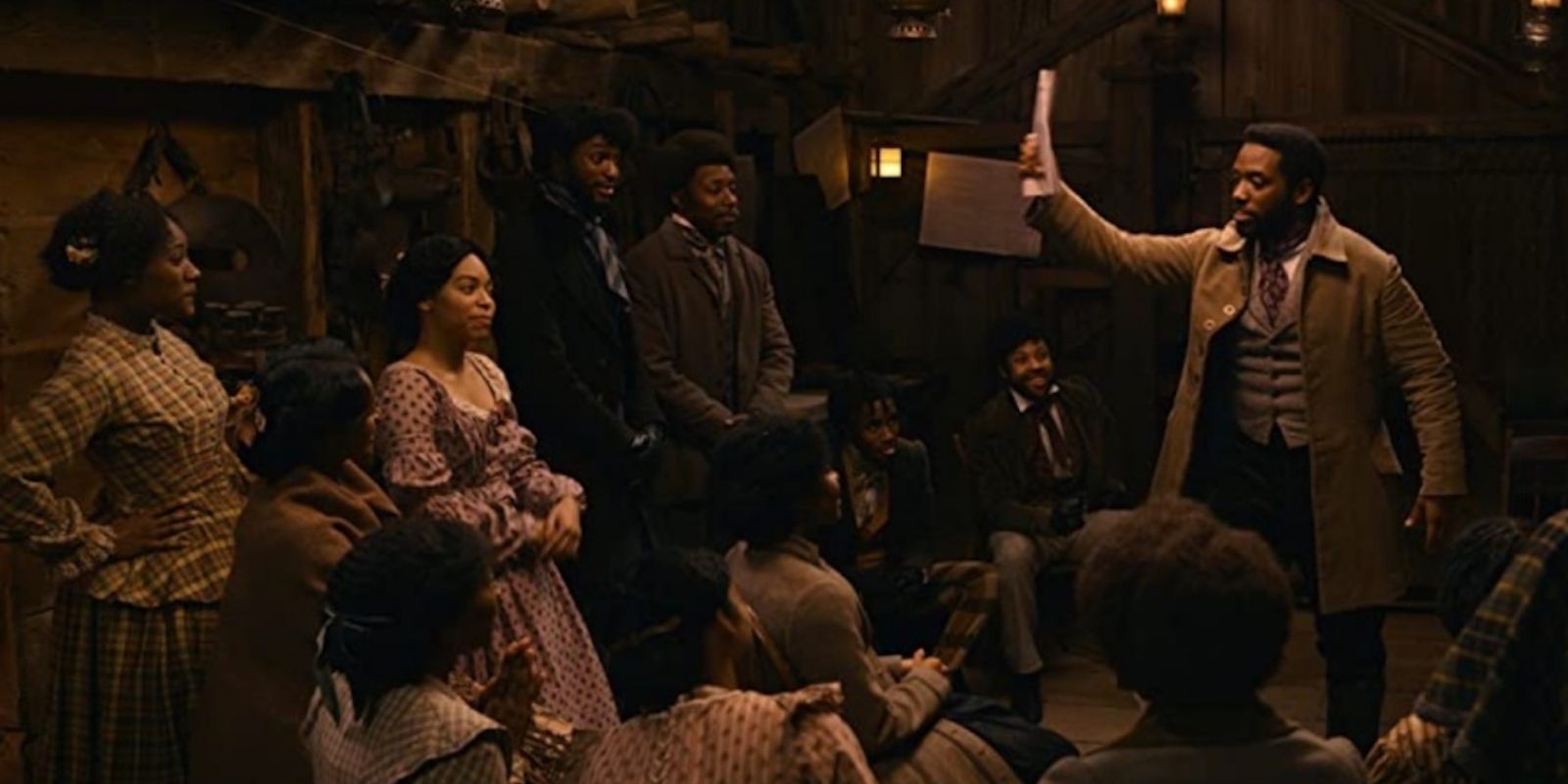
Henry (Chinaza Uche) is the kind of character who might seem like a powerless one on Dickinson. However, his power manifests in different manners. For example, it’s his own individual agency that leads him to exercise power over his station. He maintains a voice people heed in his community, and he demonstrates leadership whenever possible. There is comendable in his ability to grapple honestly with reality.
Sue
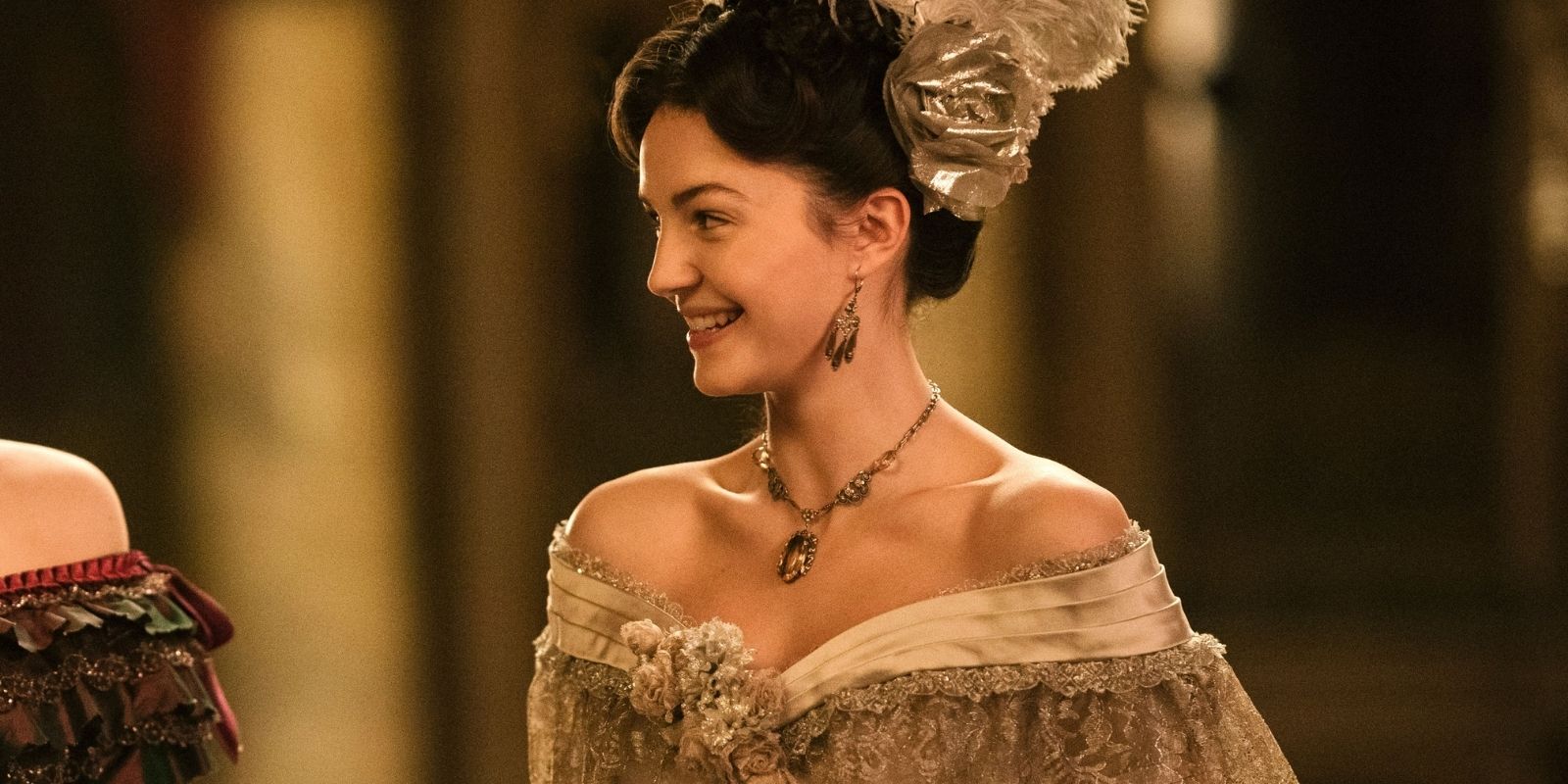
Dickinson‘s Sue (Ella Hunt) is an example of a highly-anachronistic character. As such, she’s capable of flexing untold power that might not have manifested similarly during the actual era upon which it is based.
At the jump, Sue is considered an aimless vagabond with no place in the world. It takes only a few episodes for her to be connected to a number of powerful people, sharing intense emotions with each of them. At this rate of social climbing, Sue may wind up as one of the series’ most powerful overall.
Austin
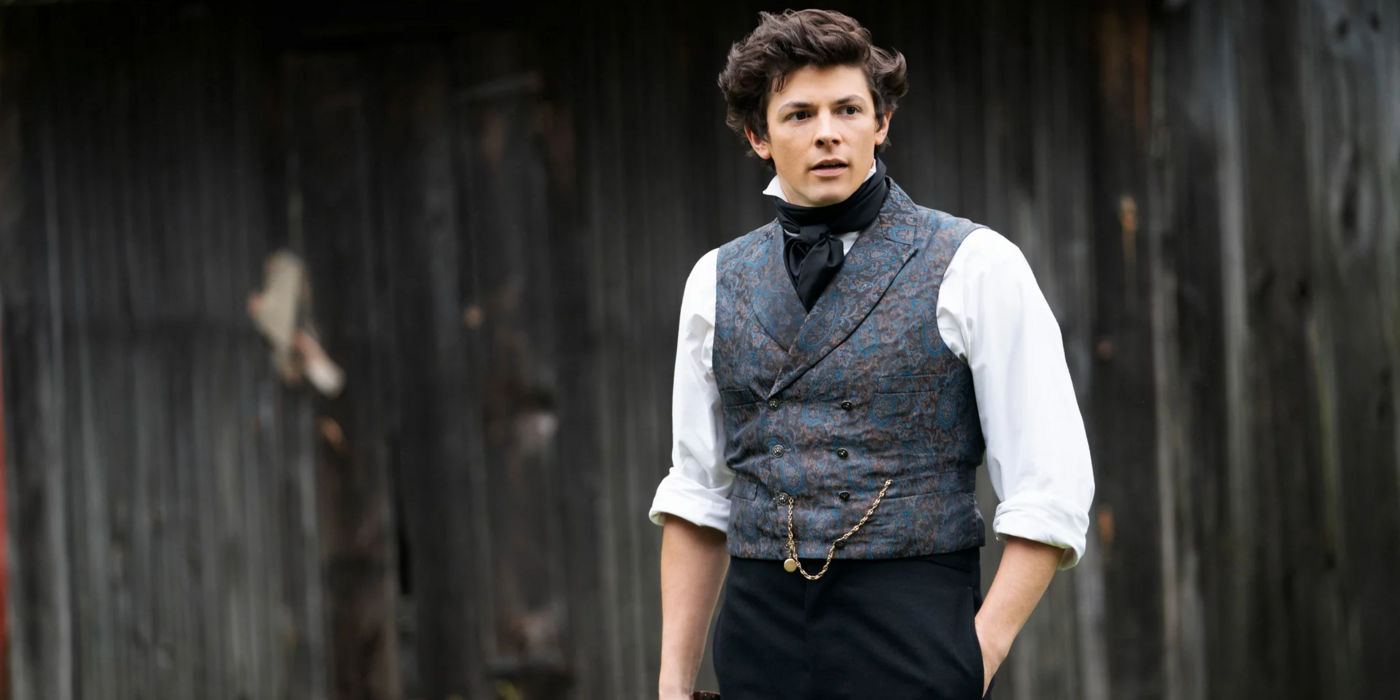
For now, though, Sue remains slotted behind a number of the characters with whom she is most directly associated. For example, her fiancee, Austin (Adrian Blake Enscoe), still has a bit more social clout and influence than she does.
Part of this is because of the time period. Austin was wrongly treated more seriously by others simply because of his gender. However, his ability to lead a number of social organizations and make assertions about the state of the world that change how others think positions him as a clearly powerful player.
Samuel Bowles
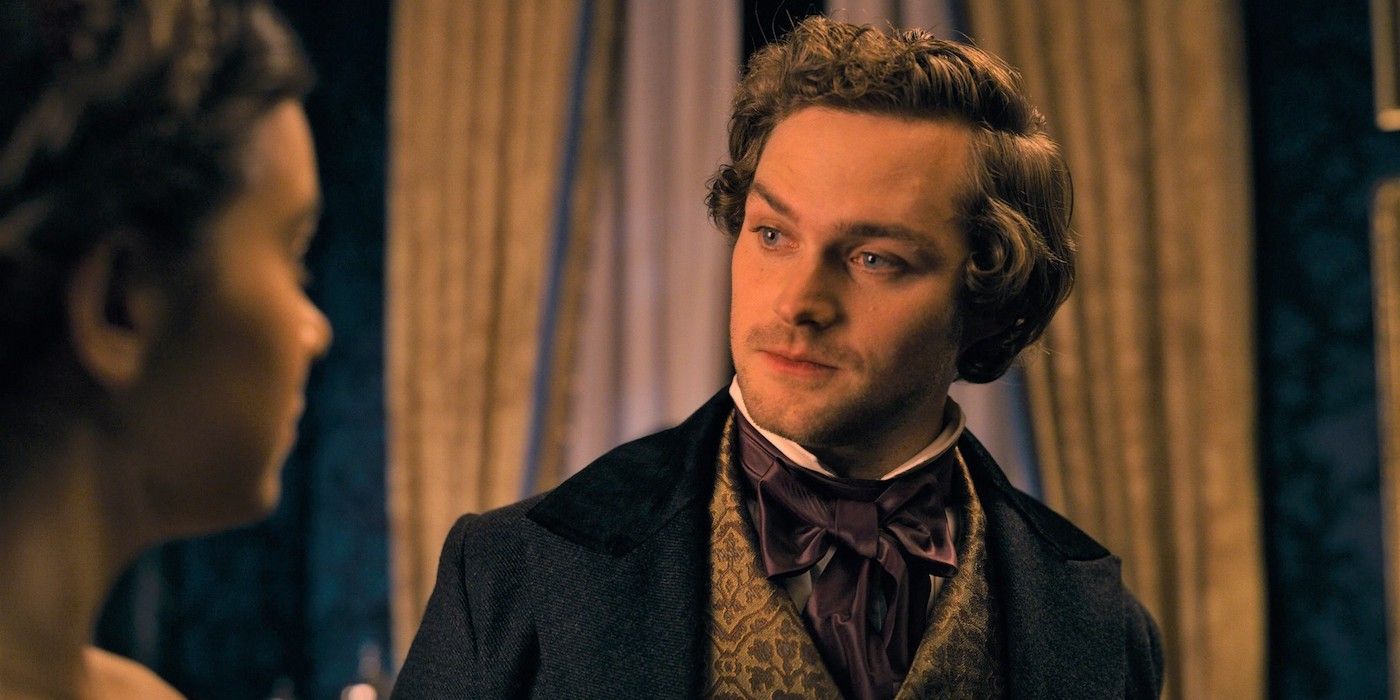
Season two of Dickinson added Samuel Bowles (Finn Jones) as a major character, and he immediately vaulted to the top tier of the power rankings. He holds the season’s main thematic thrust of whether or not Emily should pursue fame in his grasp.
Not to mention, he edits the local newspaper, which steadily expands into a near-empire. Bowles is a largely powerful character because he can frequently control the narrative.
Emily
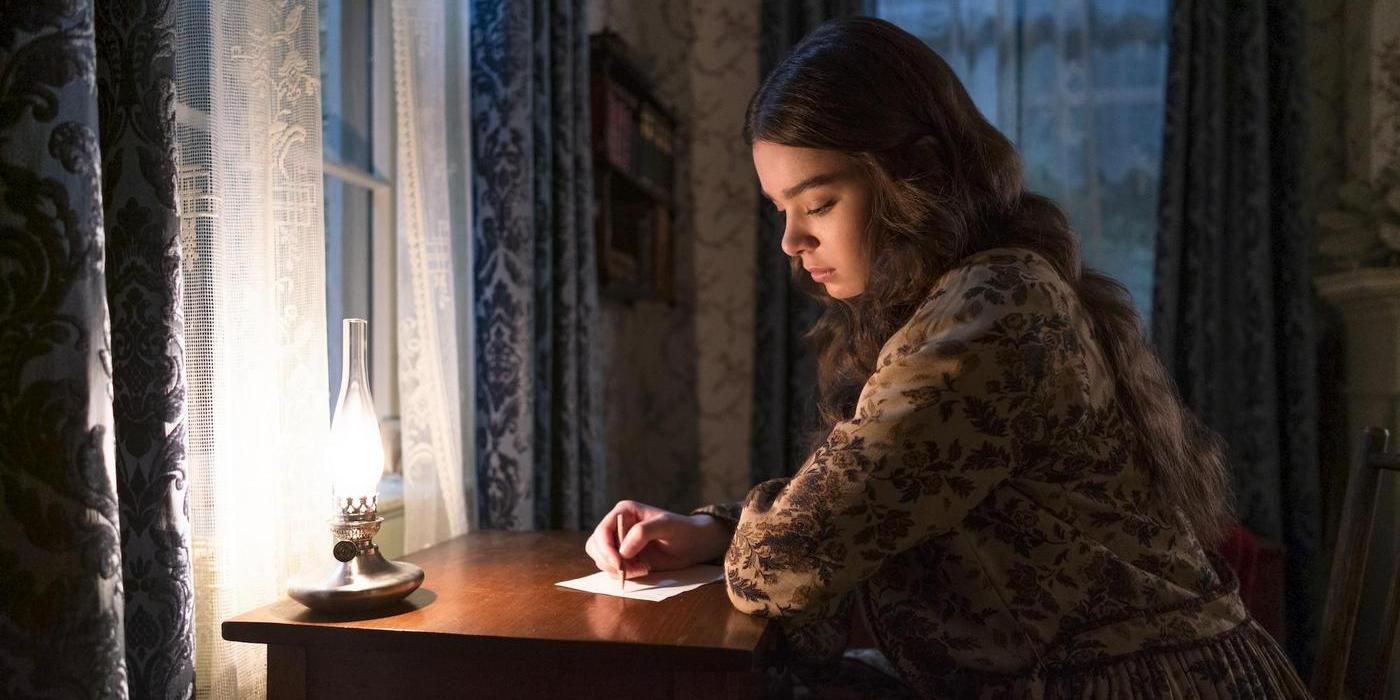
Bowles can never truly contain the poetry that helped build that empire, which is why Emily ranks above Bowles. She is a figure people treat with austere respect because of her unrestrained, authentic personality.
Emily is also influential because her words can change the world—and they frequently do. Mysticism and visions of future death aside, Emily would be one of the show’s most powerful characters simply due to her ability to harness the power of language.
Edward
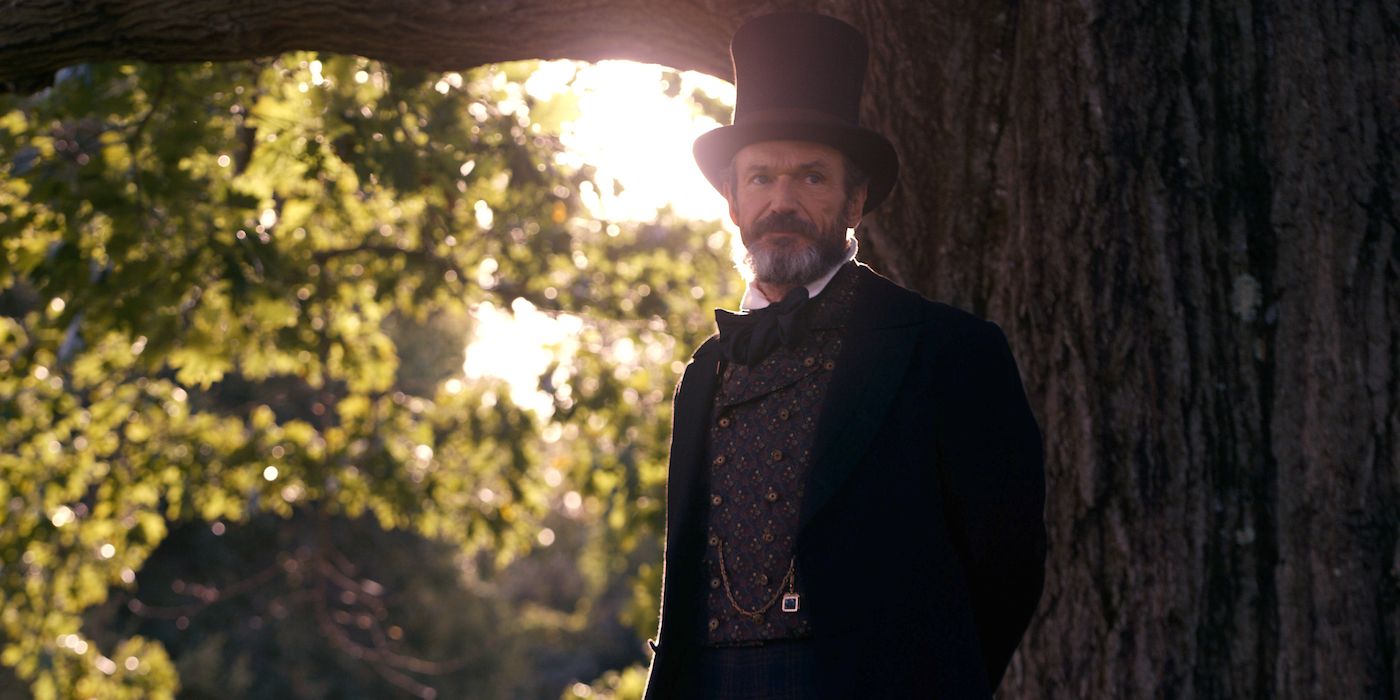
Still, Emily’s father, Edward (Toby Huss), has an edge over her in terms of power. He may not be a remarkable poet, but he does show the capacity for growth in terms of his relationship with his children.
However, that’s not where his power lies. He’s a top, well-to-do figure in his community, but he also has political clout that builds over time. Edward is an enforcer and a game-changer in Dickinson, and, for now, he’s the show’s most powerful mortal.
Death
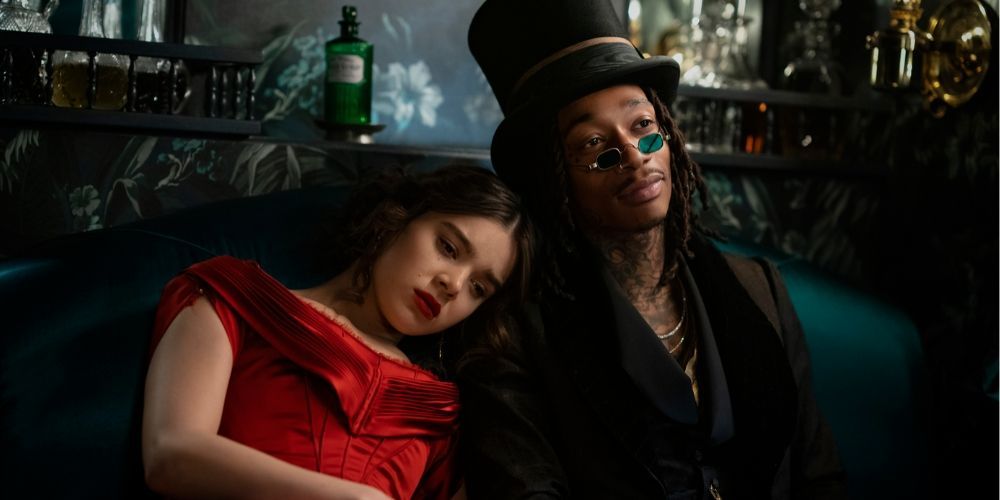
Death (Wiz Khalifa) is going to come in at the top of any power ranking. One of the series’ recurring “cameos”—though Death is practically a major character in the series at this point, as he always turns up when Emily needs him—he’s so clearly the most powerful force.
Death always wins. None of the characters above will ever have more power than him because his power manifests in a plain beyond their conception of reality. The fact that he manages the afterlife with such a laid-back nature only serves to make him more powerful.




